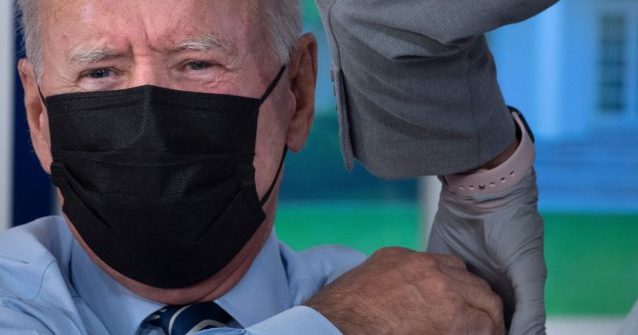Bidenflation Takes Hold: Consumers Slow Spending
Americans were staggered by sticker shock in September.U.S.

. consumer sentiment edged up in the month but favorable attitudes toward buying declined further as consumers balked at the prices of big-ticket items like homes, vehicles, and durable goods, the University of Michigan’s Survey of Consumers showed Friday. Even prior to the September drop, favorable attitudes toward buying durable goods were near an all-time low. In a separate report, the Department of Commerce said Friday that durable goods prices were up 7 percent in August compared with a year ago. Durable goods declined on an annual basis every month for 25 years, with the last increase in August of 1995. Prices have been rising now for 12 consecutive months, upending expectations and lowering the standard of living of many Americans by putting goods out of reach.
The last time inflation in durable goods ran this hot was the summer of 1981. Home prices are up nearly 20 percent compared with a year ago. “Even if transient, higher inflation has already decreased living standards, and further damage is anticipated as just 18 percent of all households anticipated income gains would be larger than the expected inflation rate,” said Richard Curtin, the chief economist of the survey. Inflation would be even worse if not for the fact that so few consumers anticipate income gains. “Consumers do not view economic conditions as conducive to establishing an inflationary psychology, a self-fulfilling prophecy. Instead, consumers have favored postponement due to what they still consider a transient spike in prices. While this reaction may well fade in the months ahead, the shift toward postponement of purchases has been so significant that it could not be quickly reversed,” Curtin said.
The survey showed that the proportion of households who expect to be better off fell to 30 percent, a low level not seen since before the election of Donald Trump lifted consumer sentiment and optimism. Those expecting favorable financial conditions over the next five years fell to 44 percent, the lowest level in seven years. Feeding into this dread is the fact that wage gains are being devoured by inflation. “Annual gains in household incomes were just 1.5 percent in September, well below the expected 4.6 percent inflation rate; even for those under 45, expected income gains (3.3 percent) were below the anticipated inflation rate,” Curtin said. At least for now, the depressed levels of optimism will act as a grim check on inflation, according to Curtin. “Two characteristics that facilitated the rise in inflationary psychology a half century ago was the widespread belief in personal financial progress as well as the expectation of escalating inflation rates over the longer term. Neither of those conditions are now true,” Curtin said. .
Read the full article at the original website
References:
